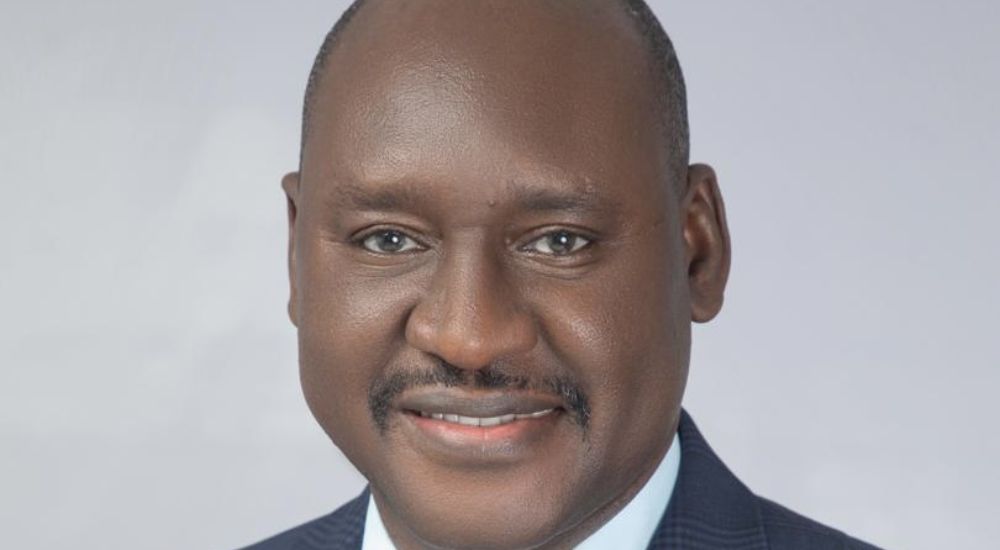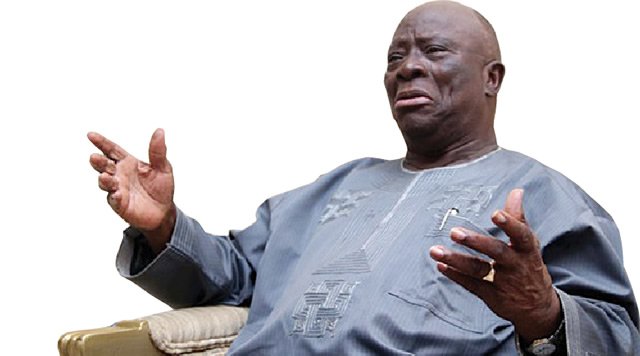Despite persistent calls for the restructuring of Nigeria, an activist and human rights advocate, Auwal Musa Rafsanjani has declared that it is not the solution to the country’s problems.READ FULL STORY HERE>>>CLICK HERE TO CONTINUE READING>>>...CLICK HERE TO CONTINUE READING.>>
Rafsanjani, Executive Director of the Civil Society Legislative Advocacy Centre, CISLAC, and Chairman, Board of Amnesty International, Nigeria, made the assertion.
Thank you for reading this post, don't forget to subscribe!Various socio-cultural and socio-political groups, including representatives of ethnic nationalities, have for years called for the restructuring of Nigeria.
While some canvass a return to the regional system practised during the First Republic, others suggested restructuring the country along the six geo-political zones.
There have also been persistent calls for amendment of the country’s Constitution to address the concentration of power at the centre, among other issues.
Rafsanjani stressed that restructuring will not make any difference if injustice and corruption are not tackled. He also emphasised the need to strengthen institutions of governance.
Rafsanjani added that there is a need for a change in attitude among Nigerians, for the country to overcome its challenges.
Even if you restructure Nigeria, as long as crooks and criminals are the ones in power, and as long as there is looting, stealing and all forms of impunity, there will not be any change.
Restructuring can add value but as long as there is no change in behavioural attitudes and systems strengthening is not in place, there will be no difference.”
Speaking further, he noted that despite the fact that the Constitution clearly spelt out the primary responsibility of government as protecting the lives and property of the citizens, the federal and state governments are not discharging the assignment.
He expressed regrets that the security agencies are only engaged in what he described as ‘regime protection’ – whereby they only protect the government and ignore the citizens.
Insisting that the Constitution, and the structure of government, are not Nigeria’s major problems, Rafsanjani added, Today, the security agencies are only interested in regime protection – they are not interested in protecting the lives and property of Nigerians as enshrined in the Constitution.
So is that a problem of the Constitution, when the Constitution has already said that the primary responsibility of the government is protecting the lives and property of the citizens? They are not doing that.
Even if you say you are going to amend or mutilate the Constitution, as long as that responsibility is not adhered to, you will not realise anything.
The Constitution we have now does not encourage looting, in fact the Constitution even provides serious sanctions against public officials using their position to loot the treasury.
As much as we agree that there are some restructuring that needs to be made to complement effective governance, we don’t believe that just sitting down to agree to change some things in the Constitution will address the problem. If injustice is not addressed, restructuring will not work.
If corruption is not addressed it will not work. There is no amount of restructuring you do that will make any difference.”
Noting that most of the calls for restructuring are ‘bogus’, Rafsanjani advocated a radical shift in approach to governance in Nigeria.
So there must be a radical shift in the way and manner governance is done in the country. It is not just about this elite bogus call for restructuring.
I think there is too much bogusness in the calls for restructuring without hitting the main issues on the head.
Restructuring without tackling corruption, without tackling injustice, without strengthening institutions and systems makes no sense.
If we restructure without addressing these issues, we will continue lamenting. Restructuring can only work if these issues are addressed.
Even if you balkanize Nigeria into 100 states, as long as there is injustice, as long as there is corruption, as long as there is no institutional strengthening for accountability and transparency in governance, we will continue to have agitations.
READ FULL STORY HERE>>>CLICK HERE TO CONTINUE READING>>>











